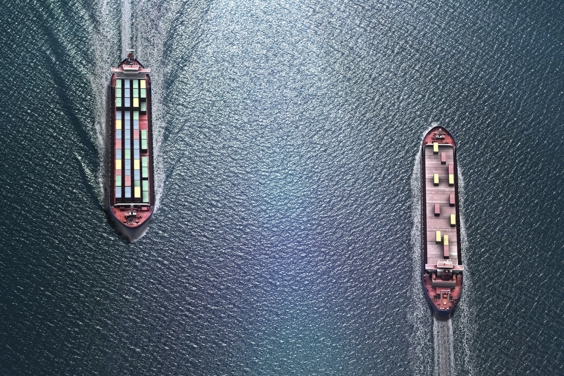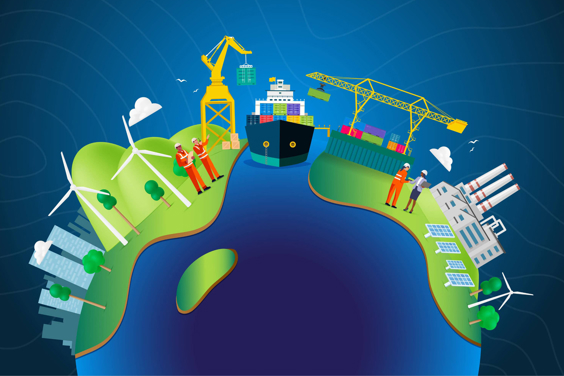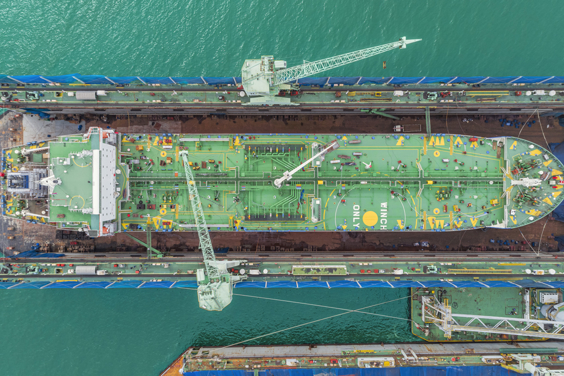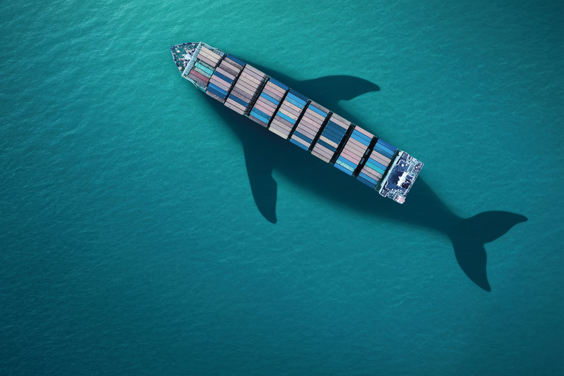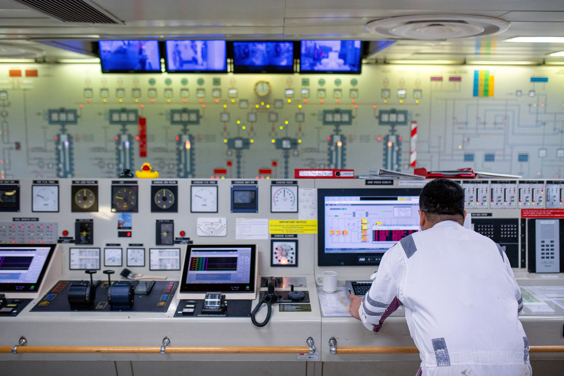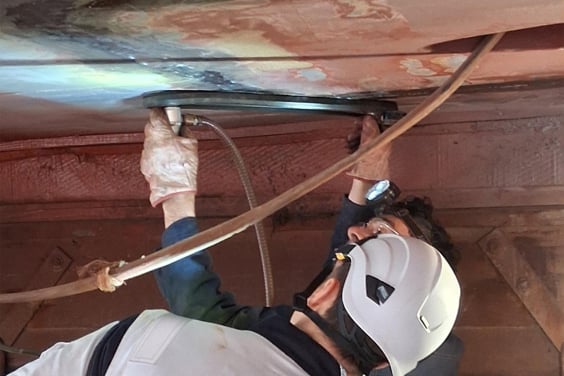
Aim:
Increase the use of sustainable alternative fuels by addressing market barriers
This includes requiring action by EEA member states (the EU plus Norway and Iceland) as well as commercial actors. By 2025, EEA member states will have to submit their own national policy frameworks (NPFs) with their national targets for rolling out infrastructure to support the uptake of renewable and low-carbon fuels.
The intent is to ensure that the uptake of the alternative fuels needed for decarbonisation is not prevented by a lack of delivery infrastructure. In this way, it supports ship owners and operators in their compliance with FuelEU Maritime.
AFIR covers multiple transport modes and includes some maritime-specific aspects. This includes shipping and inland waterways. AFIR applies to major EEA ports, both coastal and inland. It covers the core ports under the established TEN-T network (Trans-European Networks).
Under the EU Fit For 55 package, the existing Alternative Fuels Infrastructure Directive (Dir 2014/94/EU) is being revised and recast as a Regulation in EU law.
Expected entry into force: 1 January 2025
Member states will develop their own policy frameworks in line with the AFIR including deployment plans for certain fuels.
AFIR will introduce mandatory provision of onshore power supply (OPS) facilities and provide the technical specifications to standardise this.
It will also introduce requirements and technical specifications around provision of hydrogen, methanol and ammonia, and electricity supply for battery recharging.
Application: All ships > 5000GT entering EU ports
Provision is to be made so that shoreside electricity can be used by the following ships while at berth:
- Passenger ships, including ro-ro passenger, high speed passenger craft and cruise ships
- Container ships
To that end, member states are required to take necessary measures to ensure that:
In maritime ports:
By 1 January 2030: Sufficient OPS to meet demand for at least 90% of the average annual number of port calls in the last three years for container and passenger ships.
By 1 January 2030: Appropriate LNG refuelling points in TEN-T core ports. LNG provision can be based on actual market needs rather than a prescriptive provision, which arguably implies an acknowledgement of LNG as a transitional fuel rather than a long-term solution.
In inland waterway ports:
By 1 January 2025: at least one OPS installation in all TEN-T core ports
By 1 January 2030: at least one OPS installation in all TEN-T comprehensive ports






